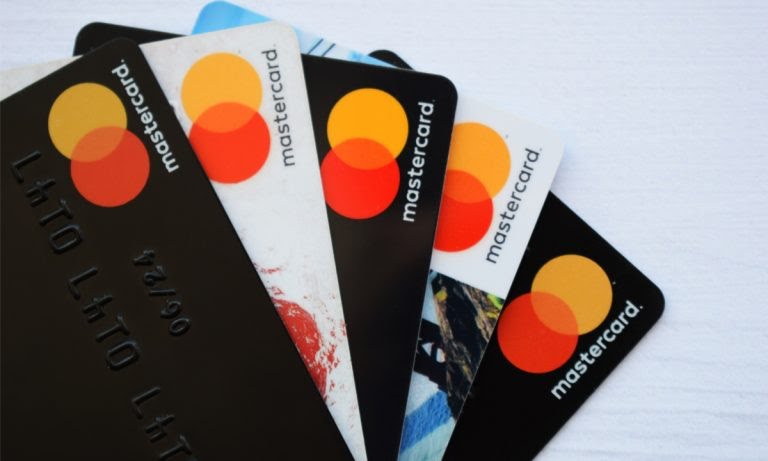
Using the latest AI-powered insights, Mastercard is helping banks predict scams in real time and before any money leaves a victim’s account.TSB reports a reduction in losses to scams equivalent to £100 million across the U.K., should all banks adopt the technology and mirror its success.
From romance scams to fictitious online deals, impersonation scams of all kinds have plagued people and businesses over recent years and shaken the confidence of victims. However, the tide is turning. Mastercard is taking the fight to the fraudsters with its one-of-a-kind AI powered Consumer Fraud Risk solution, now live in the U.K.
Leveraging Mastercard’s latest AI capabilities and its unique network view of account-to-account payments, it is helping banks predict and prevent payments to scams of all types. In partnership with nine U.K. Banks, including Lloyds Bank, Halifax, Bank of Scotland, NatWest, Monzo and TSB, Mastercard is using large-scale payments data to help identify real-time payment scams before funds leave a victim’s account.
Organized criminals move scammed funds through a series of so-called mule accounts to disguise them. To counter this, for the past five years Mastercard has worked with U.K. banks to follow the flow of funds through these accounts and then close them down. Based on insights from this tracing activity and overlaying them with specific analysis factors such as account names, payment values, payer and payee history, and the payee’s links to accounts associated with scams, Mastercard’s AI solution provides banks with the intelligence necessary to intervene in real time and stop a payment before funds are lost.
TSB is one of the first banks to adopt Mastercard’s Consumer Fraud Risk tool and is already using it to great effect. In just four months, the bank says it has dramatically increased its fraud detection. Based on TSB’s results, the amount of scam payments prevented over a year would equate to almost £100m1 saved across the U.K. should its performance be mirrored by all banks. Other banks adopting Consumer Fraud Risk are doing so over the course of 2023, and Mastercard is assessing further international markets to scale the solution.
As banking and payments security becomes increasingly advanced, fraudsters have shifted their focus to impersonation tactics. Their goal is to convince people and businesses to send them money, thinking the transfer is to a legitimate person or entity, perhaps a friend, a known supplier or to buy what looks like genuine goods online. Often referred to as authorized push payment fraud or APP fraud, it now accounts for 40% of U.K. bank fraud losses and estimates predict it could cost $4.6 billion in the U.S. and U.K. alone by 20262.
“Banks have found these scams incredibly challenging to detect,” said Ajay Bhalla, president of Cyber and Intelligence at Mastercard. “Their customers pass all the required checks and send the money themselves; criminals haven’t needed to break any security measures. As we all live more digital lives, this type of fraud erodes victims’ confidence to interact online. Our goal is to build and maintain that trust. Using the latest AI technology, we are helping banks identify and predict which payments are being made to fraudsters and stop them in real-time.”
Mastercard has been using AI for the better part of the last decade. Today it is a foundational technology used across its business and has been a gamechanger in helping to identify patterns in fraud. Mastercard’s AI-powered cybersecurity solutions have stopped over $35 billion in fraud losses in the last three years.
“Spotting fraudulent payments among millions made every day is like finding a needle in a haystack, with scams becoming ever more complex – so prevention and monitoring tools are key,” said Paul Davis, director of Fraud Prevention, TSB. “Our partnership with Mastercard is providing the intelligence needed to identify fraudulent accounts and prevent payments ever reaching them.”
Initial results from banks using Consumer Fraud Risk’s score show great success in preventing scams, especially when used in conjunction with other insights regarding customers and their behavior. This has helped them create targeted fraud strategies to clearly identify different types of scams, in particular purchase scams, impersonation scams and romance scams. Purchase scams now account for 57% of scams in the U.K. and remain a notorious pain point for banks.1
During 2022, within the U.K .there were 207,372 incidents of authorized push payment scams reported, with gross losses of £485 million.1
Mastercard is rolling out Consumer Fraud Risk in the U.K. first as it has deep experience of tracing and stopping financial crime across the country’s real-time banking system and has helped to coordinate banks into sharing their fraud data.
Mastercard is now accessing the next most appropriate markets to adopt the technology.
source : https://www.mastercard.com/news/press/2023/july/mastercard-leverages-its-ai-capabilities-to-fight-real-time-payment-scams/
